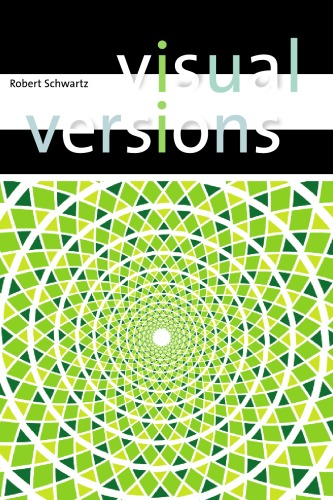

Most ebook files are in PDF format, so you can easily read them using various software such as Foxit Reader or directly on the Google Chrome browser.
Some ebook files are released by publishers in other formats such as .awz, .mobi, .epub, .fb2, etc. You may need to install specific software to read these formats on mobile/PC, such as Calibre.
Please read the tutorial at this link: https://ebookbell.com/faq
We offer FREE conversion to the popular formats you request; however, this may take some time. Therefore, right after payment, please email us, and we will try to provide the service as quickly as possible.
For some exceptional file formats or broken links (if any), please refrain from opening any disputes. Instead, email us first, and we will try to assist within a maximum of 6 hours.
EbookBell Team

4.3
38 reviews
ISBN 10: 0262693348
ISBN 13: 9780262693349
Author: Robert Schwartz
Chapter 1: The New Theory of Vision Revisited: Berkeley and the Psychological Turn
Chapter 2: Of Inferential Processes: The Dogma of Direct Perception
Chapter 3: Pictures, Perception, and Problems: A Symbolic Approach
Chapter 4: What is a Visual Object?: The Quagmires of 'Real' Perception
Chapter 5: The Essential Nature of Colors: No Privilege Here
Chapter 6: The Old Chestnut: What Are the Objects of Perception?
visual versions
infor visual versions
microsoft visual versions
visual studio code version
visual studio 2022 versions
Tags: Robert Schwartz, Visual, Versions